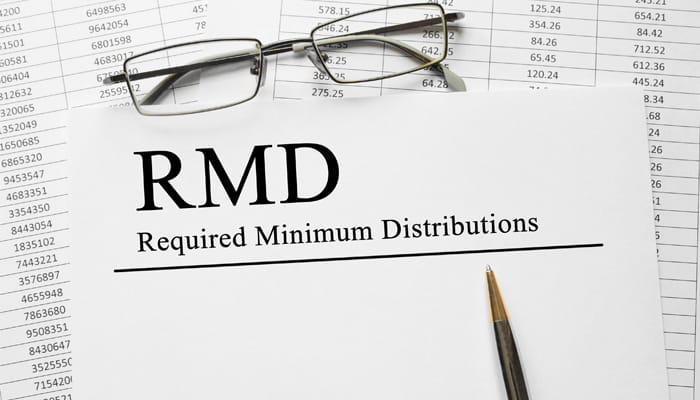
IRS Launches Pre-Examination Compliance Pilot for Retirement Plans
In its June 3, 2022, Employee Plan newsletter, the IRS announced a 90-day pre-examination compliance pilot program for retirement plans. Set to begin immediately, plan sponsors may receive a letter notifying them that their retirement plan has been selected for an upcoming examination.
Plan sponsors are given 90 days to review their plan documents and operation for compliance and correct errors. If mistakes are found, it may be possible to self-correct them using the IRS’ EPCRS (Employee Plans Compliance Resolution System), which includes the following elements:
- Self-correction: a plan sponsor that has established compliance practices and procedures may, at any time without paying any fee or sanction, correct insignificant Operational Failures under a Qualified Plan, a § 403(b) Plan, a SEP, or a SIMPLE IRA Plan.
- Voluntary correction with IRS approval: at any time before an audit, a plan sponsor may pay a limited fee and receive the IRS's approval for correction of a Qualified Plan, § 403(b) Plan, SEP, or SIMPLE IRA Plan failure.
- Correction on audit: if a failure (other than a failure corrected through self-or voluntary correction) is identified on audit, the plan sponsor may correct the failure and pay a sanction.
The IRS states that mistakes in operating your retirement plan can often be self-corrected without filing a form with the IRS or paying a fee. Eligible operational failures include:
- failure to follow the terms of the plan
- excluding eligible participants
- not making contributions promised under the plan terms
- loan failures
Document failures aren’t eligible for self-correction. A document failure occurs when you don’t have your plan document up-to-date or if your plan document doesn’t fully comply with the tax law.
If, during the review, mistakes are found that are not eligible for self-correction, a closing agreement can be requested. The IRS will use the Voluntary Correction Program fee structure to determine the sanction amount to be paid.
Upon reviewing your documentation, the IRS will determine whether it agrees with your conclusion. The IRS will conduct a limited or full-scope examination if it does not. If it does, a closing letter will be issued.
This pilot program aims to reduce the amount of time the IRS spends examining retirement plans. At the end of the pilot, the IRS will evaluate its effectiveness and determine if it should become part of its overall compliance strategy.
Mistakes can happen, so it's essential to monitor your plan proactively. Your retirement plan advisor is an excellent resource for helping you with plan compliance. Contact us with any questions about qualified retirement plans.

Related articles

As 2025 winds down, retirement plan sponsors face a critical opportunity to reflect, recalibrate, and prepare for the year ahead. December is more than a time for closing the books—it’s a strategic...

Required Minimum Distributions (RMDs) are a critical part of retirement planning, ensuring that tax-deferred retirement savings eventually become taxable income. With the implementation of the SECURE...

As the workforce ages and caregiving responsibilities increase, long-term care (LTC) is becoming a critical issue for employers and plan sponsors. Yet, many organizations still overlook LTC in their...